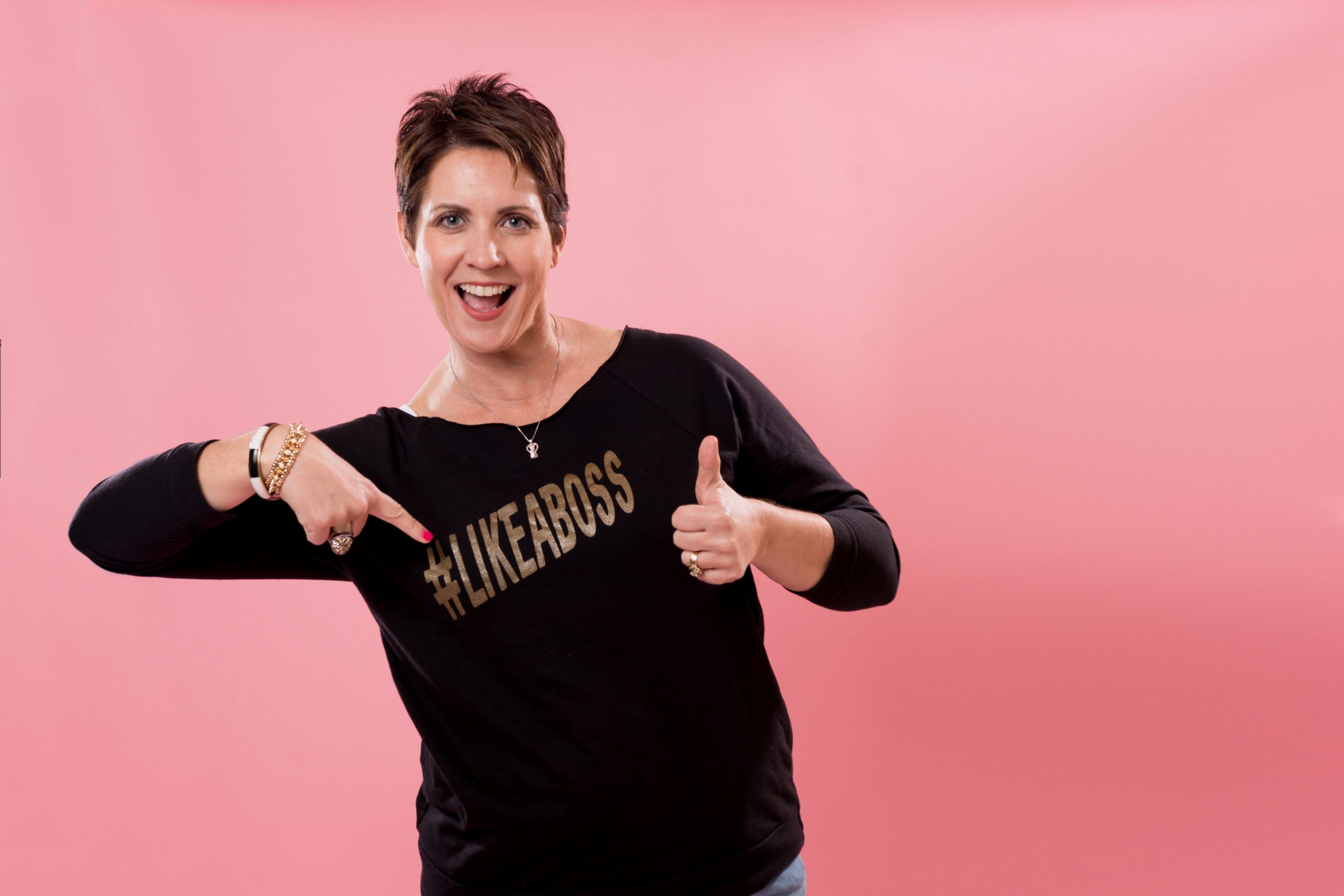A Guide to Recognition, Prevention, and Healing from Burnout
The sensation of burnout is a phenomenon many of us are familiar with – the relentless, crushing weight of chronic stress that seems to smother our motivation, creativity, and zest for life. In the latest episode of our podcast, we had the privilege of hosting Heather Tully Bauer, a former corporate high-achiever turned comedian, and psychologist Dr. Sharon Grossman to discuss this important issue.
Heather’s journey from the corporate world to the world of comedy was precipitated by her personal encounter with burnout. This drastic transition was not only a shift in career but also a shift in mindset – a shift towards prioritizing self-care, understanding her ‘burnout personality’, and harnessing the power of laughter as a stress reliever. This light-hearted approach to a heavy subject brings a refreshing perspective, encouraging us to see the importance of balance between productivity and enjoyment.
One of the key topics discussed in this episode is the science behind stress relief and laughter. Laughter is a powerful tool that releases feel-good chemicals in our brains, fosters connections with others, and provides a much-needed break from our routine. The idea that taking a break is a luxury is debunked, with emphasis placed on its necessity for mental and emotional well-being. The conversation also touched on the role of meditation in rewiring our brains and creating long-term resilience to stress.
But how do we identify our ‘burnout personality’? Dr. Grossman provides an enlightening look at the three types of burnout personalities: the thinker, the feeler, and the doer. Each personality type has its unique traits that can contribute to burnout, such as overanalyzing for the thinker, people-pleasing for the feeler, and striving for perfection for the doer. Recognizing our personality type can help us implement effective strategies to prevent or recover from burnout.
Another interesting aspect discussed is the importance of humor in preventing burnout. They explained how humor, when used appropriately, can help build trust, create connections, and provide stress relief. The importance of making jokes about situations rather than people is emphasized, as this creates a safe and enjoyable environment for everyone.
Sharon and Heather present a comprehensive guide on understanding and preventing burnout: a balanced blend of expert advice, personal experiences, and practical strategies, underpinned by a firm belief in the power of laughter. Whether you’re on the brink of burnout or just seeking ways to manage stress, this episode serves as a timely reminder that laughter really is the best medicine.
(0:00:13) – Preventing Burnout With Dr. Sharon Grossman (14 Minutes)
Sharon tells us how she got into studying burnout and Heather shares her experience of burnout in 2006. We discuss how they both manage their workloads with self-care and how to prevent burnout. We learn about their podcast, Decode Your Burnout, and the importance of taking care of yourself.
(0:14:05) – Self-Care Routines and Humor in Professional Settings (10 Minutes)
We explore techniques for preventing chronic stress and how to create a self-care routine that works for you. We also discuss the benefits of laughter and humor in the workplace and how it increases trust and productivity. The difference between humor and laughing together, and what is appropriate to joke about in different contexts is explored. Finally, tips on how to make jokes about things instead of people so that no one gets offended are shared.
(0:24:34) – Understanding Burnout (6 Minutes)
We explore the three types of burnout – the thinker, the feeler, and the doer – and how they can contribute to burnout. We discuss how to identify which type of burnout you may have, and the techniques, strategies, and beliefs you can adopt to prevent or recover from burnout. We also examine how life stressors outside of work can accumulate and contribute to burnout, and how the pressure of constant thinking can lead to anxiety and procrastination. Finally, we discuss how having a sense of worth tied to productivity can be problematic and how to overcome that.
(0:30:34) – Discussing Coping Mechanisms (5 Minutes)
We discuss the different types of burnout and how to identify which type of burnout one may be experiencing. We recognize and manage the crutches we use when feeling stressed and talk about the benefits of laughter and creating a self-care routine.
(0:35:15) – Rapid Fireand Awkward Questions (6 Minutes)
We play a game to simulate stress and explore strategies for managing chronic stress. We ask each other a series of awkward questions, and Sharon wins a 30-second commercial to discuss her podcast, Decode Your Burnout. Sharon and Heather explain how the podcast explores the different burnout styles and how to address them. They also highlight the presentation they do together on how to decode your burnout, and how it helps participants move past just checking a box to actually reduce stress and burnout in the workplace.

